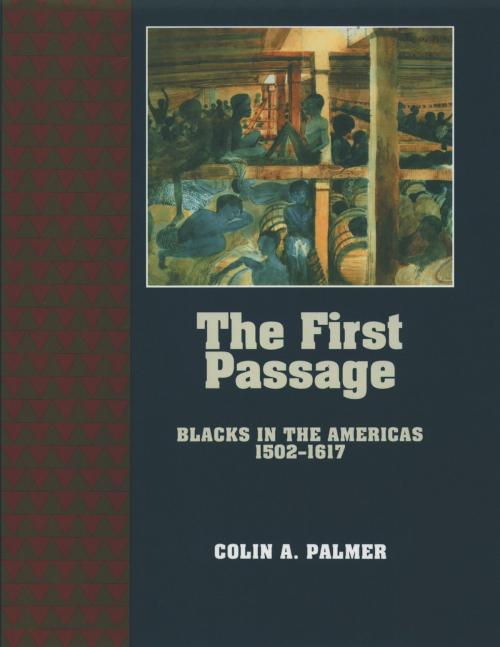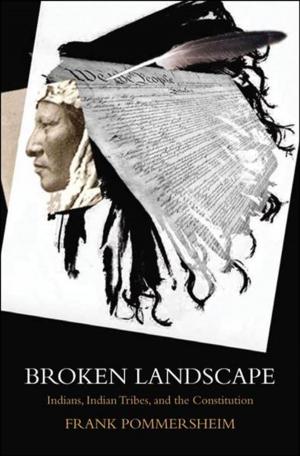The First Passage
Blacks in the Americas 1502-1617
Nonfiction, Social & Cultural Studies, Social Science, Cultural Studies, Minority Studies, History, Military| Author: | Colin A. Palmer | ISBN: | 9780190623517 |
| Publisher: | Oxford University Press | Publication: | April 27, 1995 |
| Imprint: | Oxford University Press | Language: | English |
| Author: | Colin A. Palmer |
| ISBN: | 9780190623517 |
| Publisher: | Oxford University Press |
| Publication: | April 27, 1995 |
| Imprint: | Oxford University Press |
| Language: | English |
The history of African Americans begins in Africa, a continent that was home to people with different languages, traditions, histories, and religions. They called themselves Twi, Yoruba, Zulu, Ashanti, and Kumba, among other names. In the early sixteenth century Europeans turned to Africa for the labor force needed to mine, cultivate, and process the bounty of natural resources in the newly colonized Americas. As many as 12 million Africans from varied ethnic backgrounds endured forced migration and enslavement. Out of their suffering was forged a new people--no longer simply Twi, Yoruba, Ashanti, or Kumba. In the Americas, they first became Africans and then African Americans. The First Passage examines the first century of the recorded black presence in the Americas. The ordeal of the Atlantic crossing gave way to the isolation and humiliation of slavery and the loss of friends and family. Some slaves attempted rebellion and escape. Others maintained as many religious and cultural traditions as possible and as the African-American population grew, forged new traditions and new ties of kinship. This history remains at the core of black life in the Americas. Colin Palmer tells a story of extraordinary suffering. But The First Passage is also a timeless lesson in endurance and survival.
The history of African Americans begins in Africa, a continent that was home to people with different languages, traditions, histories, and religions. They called themselves Twi, Yoruba, Zulu, Ashanti, and Kumba, among other names. In the early sixteenth century Europeans turned to Africa for the labor force needed to mine, cultivate, and process the bounty of natural resources in the newly colonized Americas. As many as 12 million Africans from varied ethnic backgrounds endured forced migration and enslavement. Out of their suffering was forged a new people--no longer simply Twi, Yoruba, Ashanti, or Kumba. In the Americas, they first became Africans and then African Americans. The First Passage examines the first century of the recorded black presence in the Americas. The ordeal of the Atlantic crossing gave way to the isolation and humiliation of slavery and the loss of friends and family. Some slaves attempted rebellion and escape. Others maintained as many religious and cultural traditions as possible and as the African-American population grew, forged new traditions and new ties of kinship. This history remains at the core of black life in the Americas. Colin Palmer tells a story of extraordinary suffering. But The First Passage is also a timeless lesson in endurance and survival.















